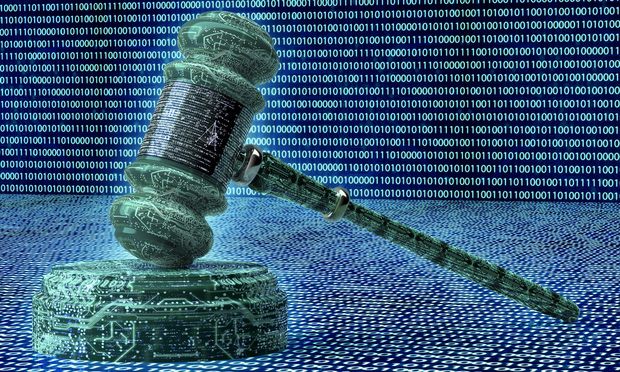The automation of certain attorney functions has given rise to a new form of contracting, known as “smart contracts.” Consequently, a decrease in the demand for certain attorney functions that can now be performed by internet applications is matched by an increase in demand for legal advisers who can prepare smart contracts and ensure these smart contracts accurately reflect a desired business transaction.
Smart contracts rest on the idea that the code can enforce and execute the terms of the agreement. A smart contract is “self-enforcing” if the software executes the terms without additional input from the parties. The nature of smart contracts achieves the same results as traditional contracting, without the cost of monitoring and enforcement, because it is extremely difficult for users to violate the terms of a smart contract.



